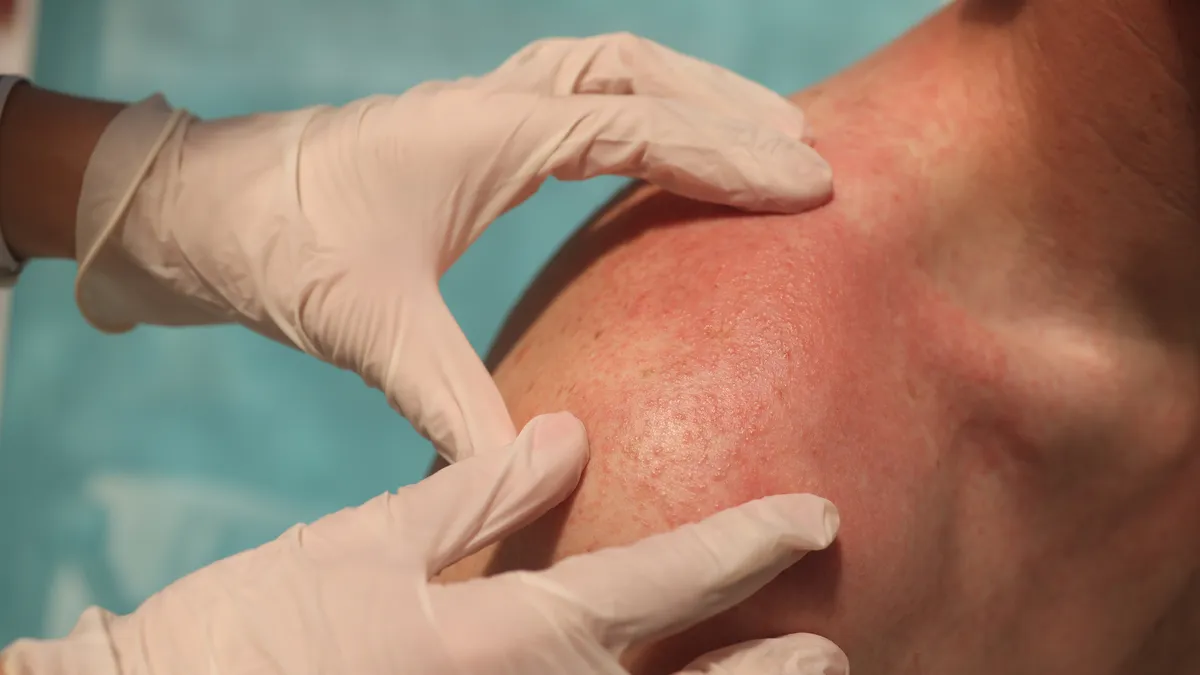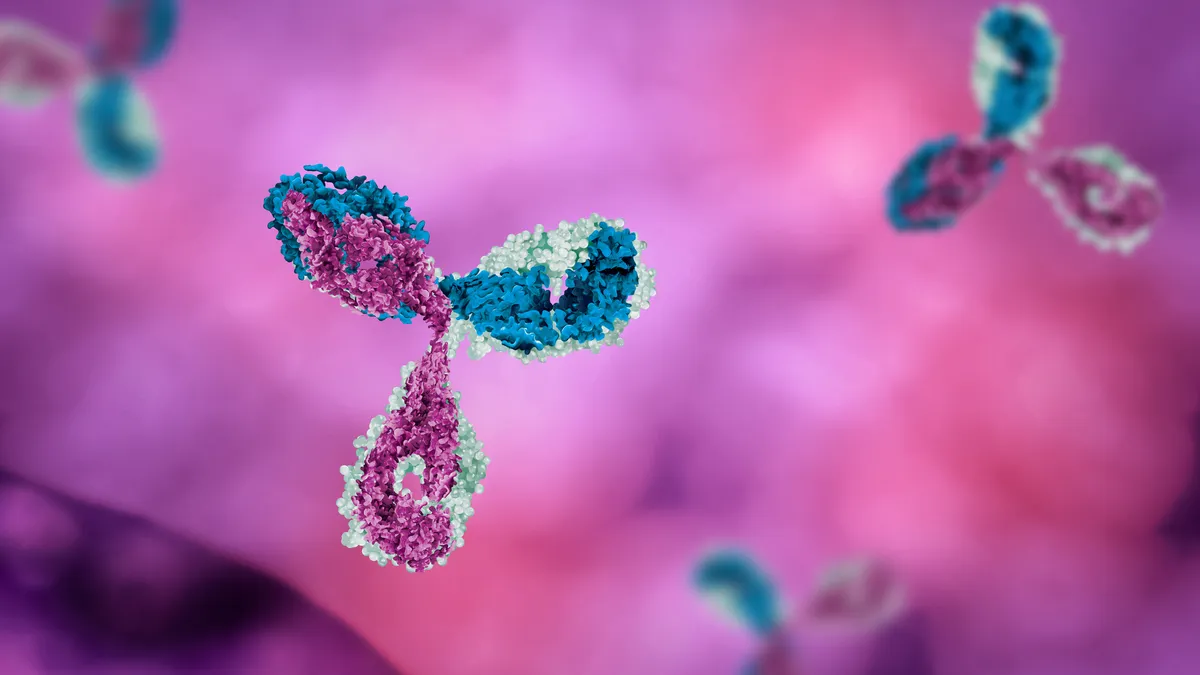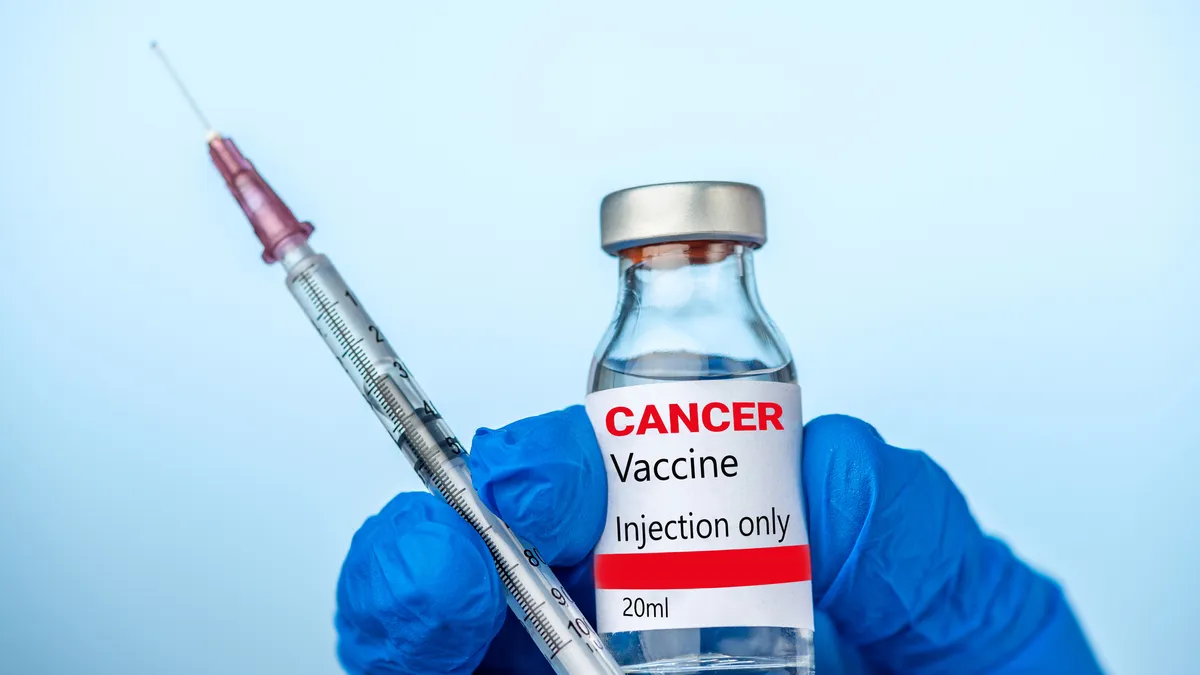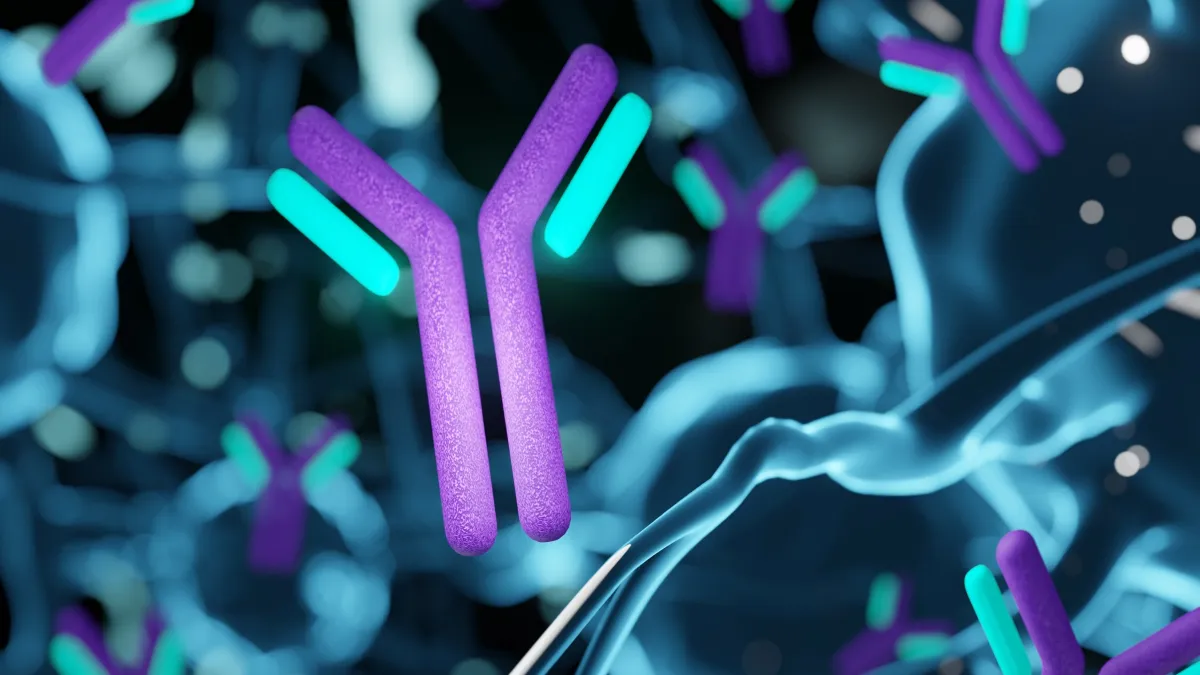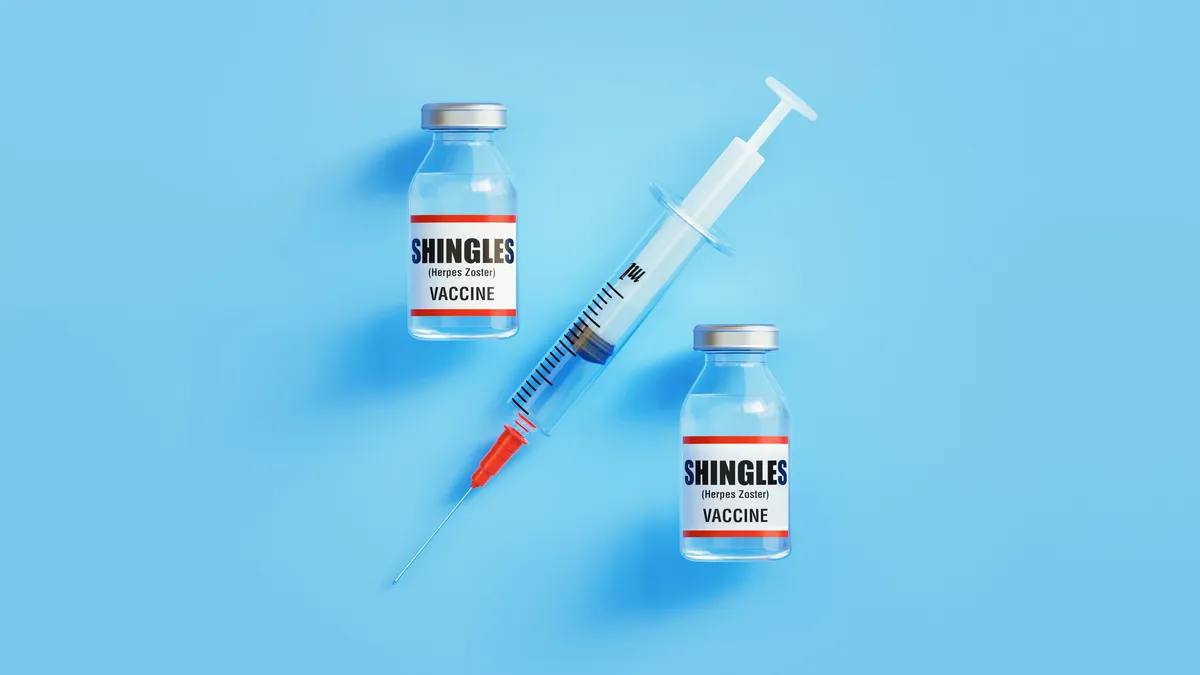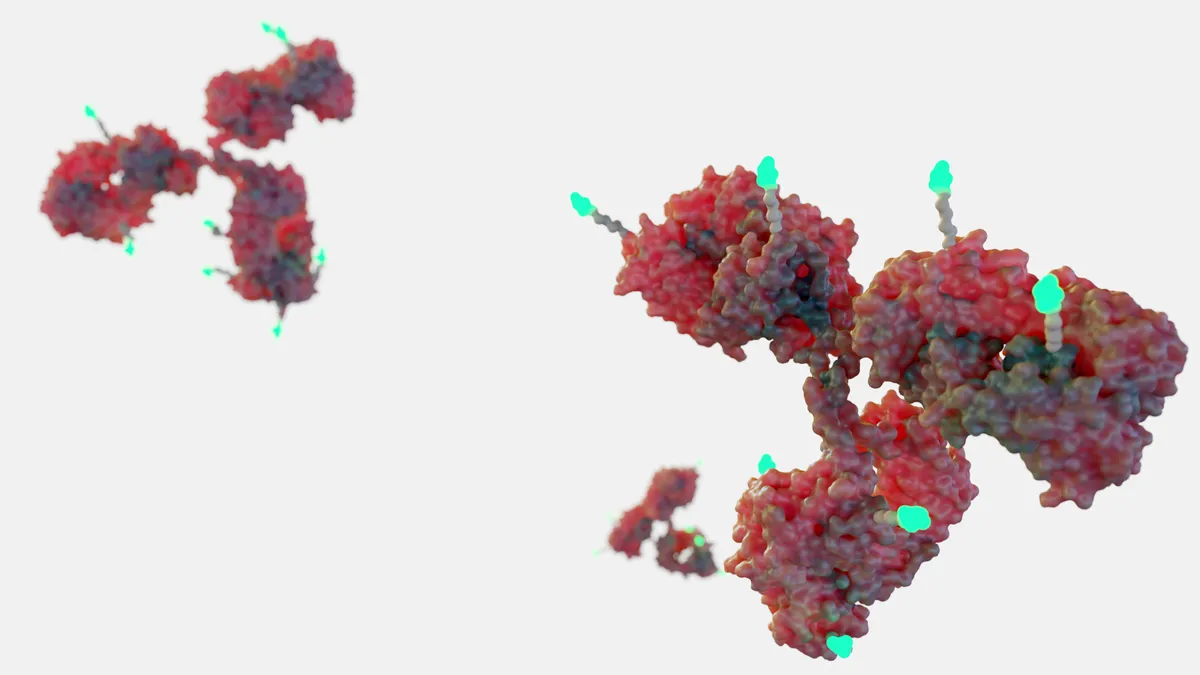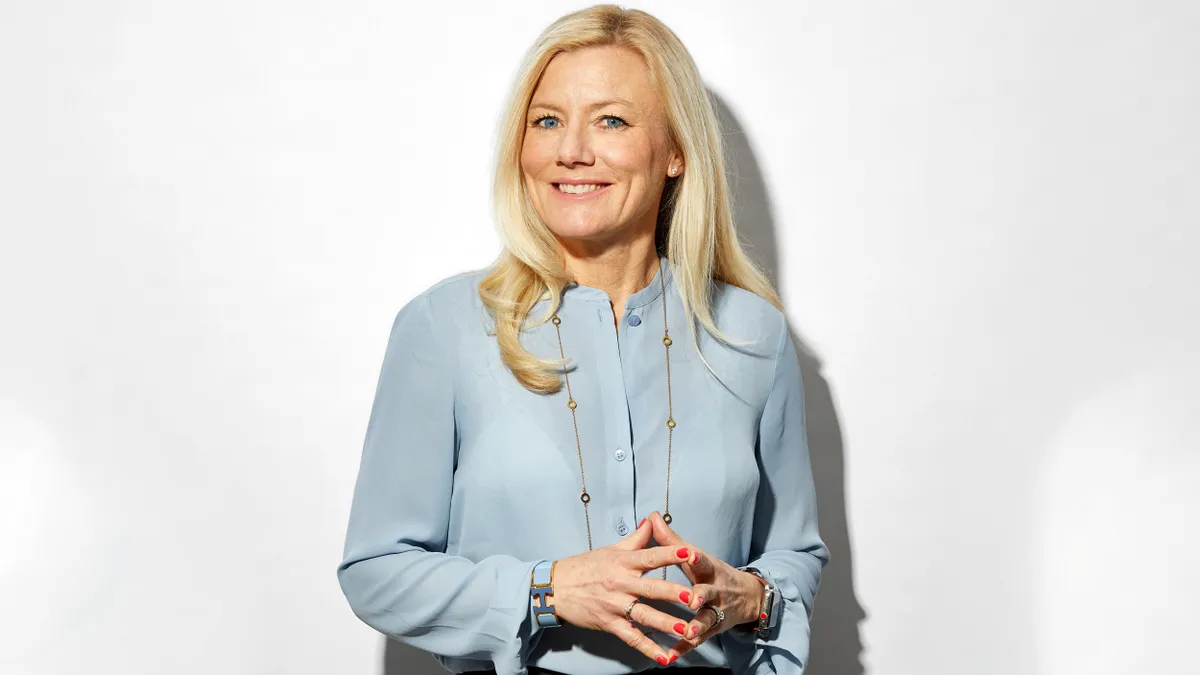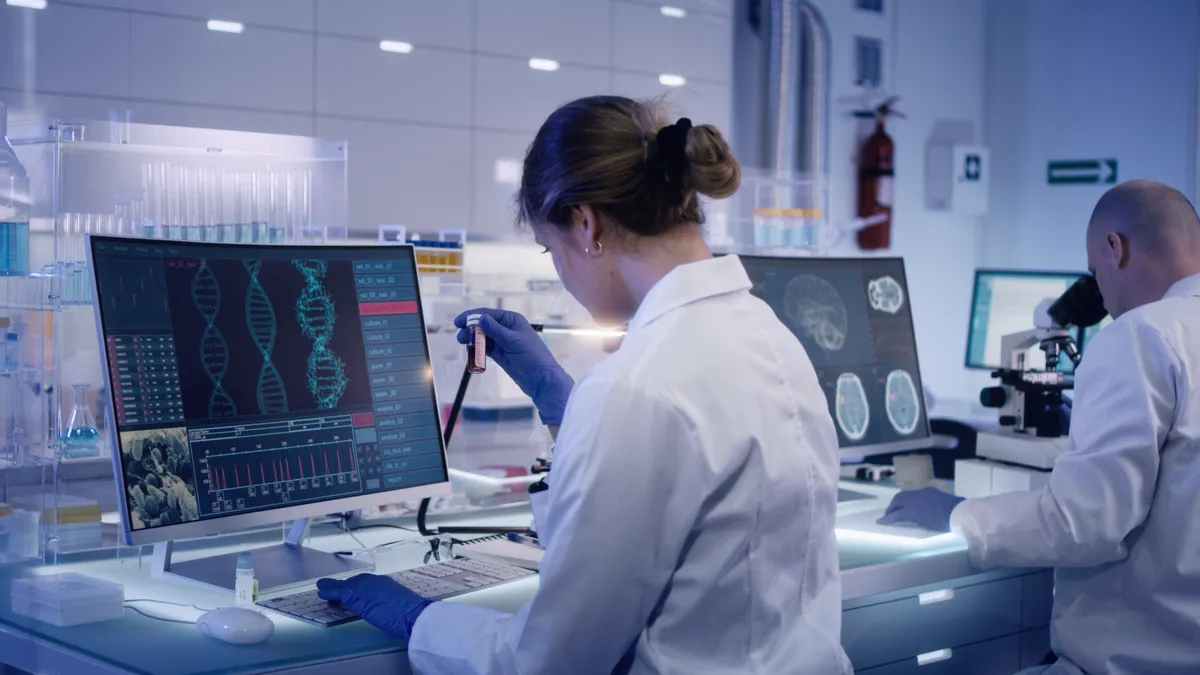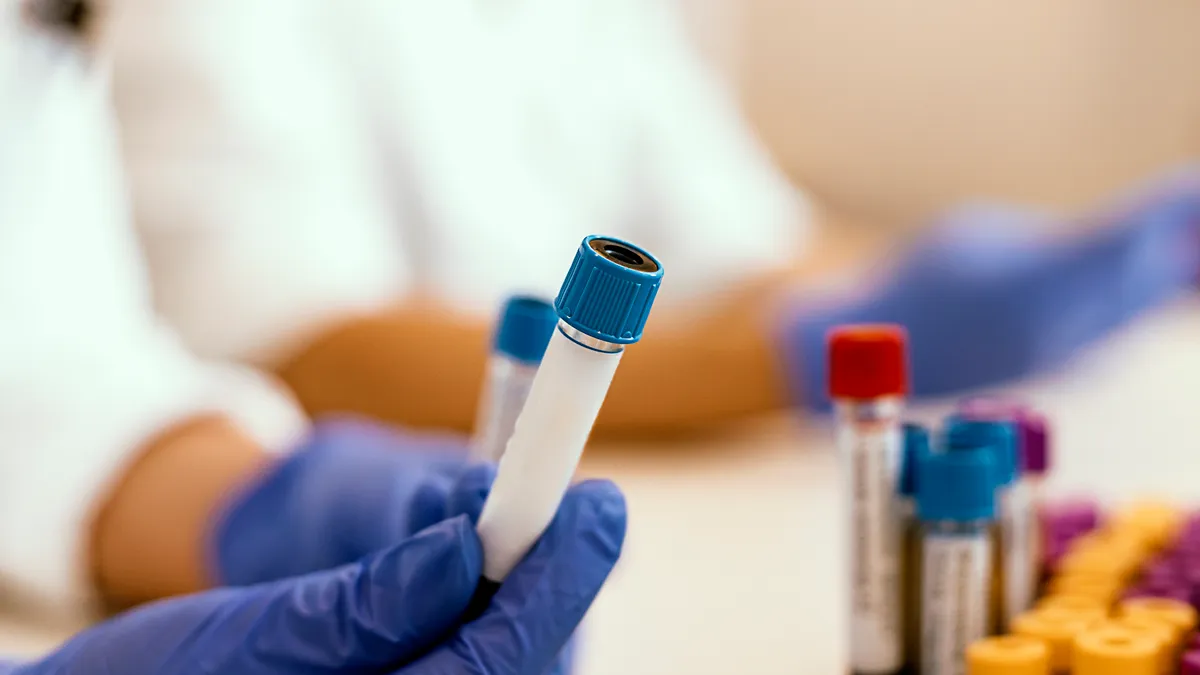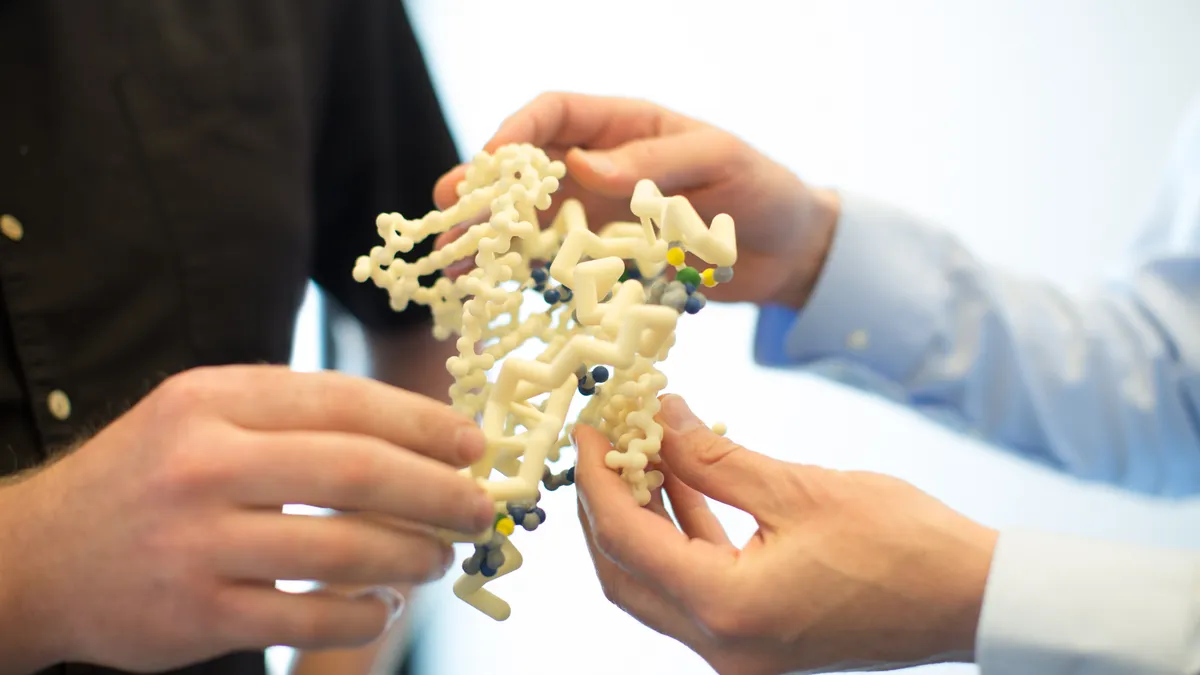Welcome to Biotech Spotlight, a series featuring companies creating breakthrough technologies and products. Today, we’re looking at Imunon, which is developing what could be the first advance in frontline ovarian cancer treatment in decades.

In focus with: Stacy Lindborg, CEO, president, Imunon
Imunon’s vision: Imunon’s technology teaches the body’s immune system to fight cancer and other diseases using non-viral DNA treatments. Its TheraPlas platform is designed to deliver immunotherapy and other anti-cancer, nucleic acid-based treatments.
Imunon is focusing TheraPlas on developing treatments for aggressive, hard-to-treat cancers, starting with ovarian. Its lead candidate, IMNN-001, is in phase 3 for ovarian cancer in newly diagnosed patients, and works by giving the body the “recipe” for producing the anti-cancer immune agent IL-12.
The company is also currently running a clinical proof of concept study for its SARS-CoV-2 vaccine candidate, IMNN-101, which was built on its PlaCCine platform that designs nucleic acid vaccines for infectious diseases and cancer.
Formerly Celsion Corporation, Imunon rebranded in 2022 “to emphasize the importance of [our] technology and show our focus in immunotherapy,” Lindborg said. “Ovarian is now a place where we're leading the charge.”
Why it matters: While there’s lots of progress in ovarian cancer R&D for second- or third-line treatments, including a late-stage trial for Merck & Co.’s Keytruda, the same can’t be said for standard first-line treatments, which have long involved chemotherapy
“We've seen four trials read out in the frontline ovarian cancer space within the past year. Those trials all failed to show overall survival improvements,” Lindborg said.
That could change with IMNN-001, which the company hopes will “bring the first advance in the standard of care that would transform the frontline treatment in a way that we haven't seen in almost 30 years,” Lindborg said.
“We have the benefit of bringing forward a trial that has shown a 13-month improvement in overall survival,” Lindborg said. “I don't know of any other trial that has an innovative, novel, core treatment that is enrolling in this space right now.”
The treatment’s difference lies not only in how it works but how it’s delivered. Although IL-12 is a well-established target, therapies that harness IL-12 often carry difficult toxicities. Rather than administering IL-12 directly, IMNN-001 delivers a DNA plasmid encoded with IL-12.
IMNN-001 also bypasses the bloodstream and is delivered into the tumor environment. In the case of ovarian cancer, that’s the peritoneal cavity.
“You're trying to teach the body to produce these proteins and cytokines that our body naturally produces and then basically target them to an area where there is a tumor,” Lindborg said.
IMNN-001’s phase 2 study also showed shifts in the tumor micro-environment, including changing it from “cold” to “hot;” better immune stimulatory T cell ratios; decreased immunosuppression cells; and increased immunostimulatory cells, as well as a “favorable safety profile.”
What’s next: Imunon is running several IMNN-001 ovarian cancer clinical trials, including a phase 3 trial for which the company is presenting a trials-in-progress poster at the 2025 Annual Global Meeting of the International Gynecologic Cancer Society this week.
The company also sees “many opportunities in terms of new indications,” as well as partnerships with other drug developers.
“We can think about gastric, pancreatic, bladder, liver, colon and glioblastoma. We’ve done preclinical studies in many of these. There are areas in which we can target solid tumors that are in a contained environment,” Lindborg said. “[This] allows us to take advantage of these powerful cytokines that you don't want distributing around in the blood broadly and therefore, [give us] the ability to take … difficult-to-treat cancers and make progress.”















